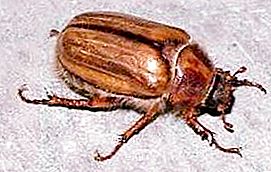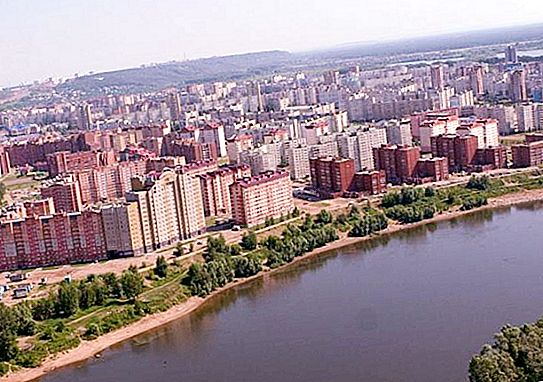When you look at a geographical map, everything seems to be clear. The Sea of Okhotsk is surrounded on all sides by Russian territory: either by islands, or by the line of the Asian coast. And only in the very southwest we will see the northern end of the Japanese island of Hokkaido.
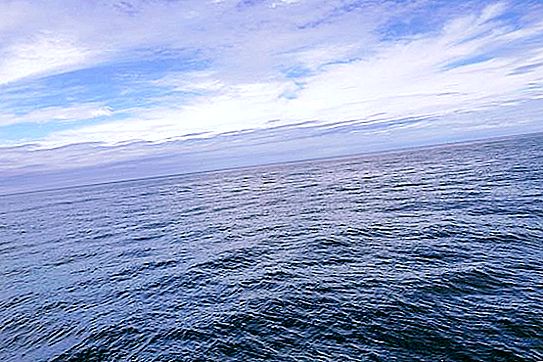
But what is obvious to man is far from always obvious to international law, according to which the Sea of Okhotsk does not have the legal status of the internal sea of Russia. Due to the geographical features of the region, its water area is in full compliance with international law in the open sea, and any state can fish here, if this does not contradict the UN Convention on the Law of the Sea.
But, leaving the legal nuances to lawyers, we will consider what the Sea of Okhotsk represents in geographical and natural terms. Its area is a little over one million six hundred thousand square kilometers, the greatest depth is almost four kilometers (3916 meters), the average depth is one thousand seven hundred eighty meters. The coastline is almost ten and a half thousand kilometers, and the volume of water contained in the sea is approximately one million three hundred sixty five thousand cubic kilometers.
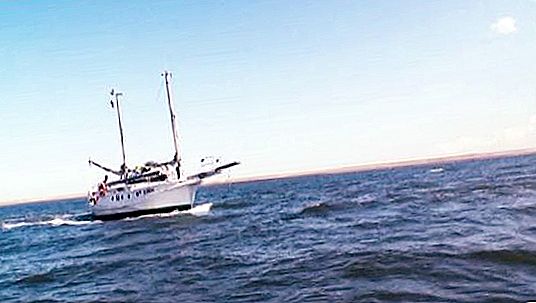
The largest bays are Shelikhova Bay, Udskaya Bay, Tauiskaya Bay, Academy Bay and Sakhalin Bay. From October to June, the northern part of the sea is not navigable, as it is covered with a continuous layer of ice.
Although the Sea of Okhotsk is mostly located in temperate latitudes, its climate is northern. January average air temperatures in the southern regions of the sea range from minus five to minus seven degrees, and in the north to minus twenty-four. Southern temperatures are more uniform throughout the water area and range from plus twelve in the north to plus eighteen in the south.
The Sea of Okhotsk is a valuable region where populations of many fish (primarily salmon) are replenished, so the laws of many countries explicitly prohibit their citizens from fishing there, despite the fact that they are entitled to do so under international maritime law. In addition to fish, in the waters of the Sea of Okhotsk there are many marine arthropods (the famous Kamchatka crab), sea urchins, mussels and other mollusks.
In the very northeast of the sea is Shelikhova Bay. This is the largest bay in the Sea of Okhotsk. Its length is six hundred and fifty kilometers, the width of the passage connecting it to the sea is one hundred and thirty kilometers, and the maximum width is three hundred kilometers.
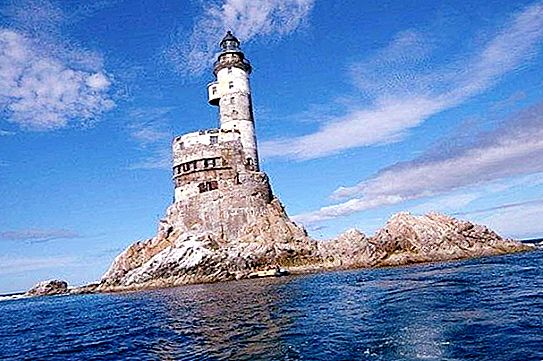
The depth of the bay is small - no more than three hundred and fifty meters. The bay is notable primarily because it has the highest tides (up to fourteen meters) in the Pacific Ocean. The height of the tide in Shelikhov Bay is slightly inferior to the height of the tide in the Bay of Fundy (up to fifteen to eighteen meters) on the Atlantic coast of Canada.
This bay of the Sea of Okhotsk is named after the merchant G.I.Shelikhov. A native of Kursk province, having moved from Central Russia to the Far East, he organized not only fishing in the bay, which was later named after him, but also an expedition to Alaska. He stands at the origins of the creation of the Russian-American company, during which Russian settlements were built on the island of Kodiak and the development of the American continent began.


